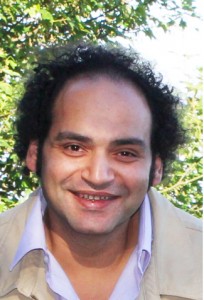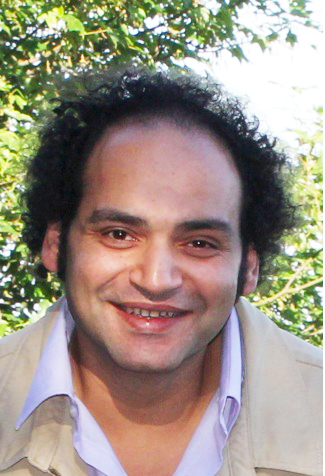 The demonstrations of August 24 did not turn out to be politically significant, especially after major political forces decided to abandon them. The demonstrations were controlled by individuals who possess no experience in mobilizing for collective action and lack credibility within Egyptian political life. However, these demonstrations brought to the scene two valuable lessons, first, that social media does not bring about revolution and second, that revolutions do not occur and materialize on demand.
The demonstrations of August 24 did not turn out to be politically significant, especially after major political forces decided to abandon them. The demonstrations were controlled by individuals who possess no experience in mobilizing for collective action and lack credibility within Egyptian political life. However, these demonstrations brought to the scene two valuable lessons, first, that social media does not bring about revolution and second, that revolutions do not occur and materialize on demand.
As a political scientist, I attended in the few months that followed the ousting of Mubarak several workshops inside and outside of Egypt dedicated to answering that question: what was the role of social media in the Egyptian revolution? Egyptian society before any other society began to show how impressed it was with the powerful tools of social media, and the idea that Mubarak was removed by Facebook became a common rationale. In the few months that followed, Facebook turned into a political forum rather than a social media application, and some of the newly emerging political forces claimed that among their achievements was starting a Facebook page!
This misconception about social media was one of the mistakes the August 24 organizers fell in, the belief that Facebook pages were enough to start a revolution. Social media is not a miracle worker in mobilizing for collective action, it is a mere tool, nothing more and nothing less. Its role in the Egyptian revolution is no more than the role of technology in any other revolution like pamphlet printing in the American civil war, Khomeini’s cassette tapes in the Iranian revolution and fax machines in the Eastern European revolutions.
The generation that led the scene on January 25 was not made on the internet, neither was it mobilized because of a Facebook group invitation or a tweet. It is a generation that had a formative era starting with the popular campaign for supporting the Intifada in 2000, then the Iraq war protests, then the Kefaya movement, then the judges movement, then the labor strikes and finally, the “we are all Khaled Said” campaign; with several efforts in between these major themes. Therefore, the only role social media played was facilitating communication between already politicized and mobilized groups of activists. Social media without the necessary groundwork of political organization is useless, an illusion that the August 24 organizers fell for.
The second lesson that should be learned is that revolution does not materialize when an individual or even a group calls for it. Revolutions are a product of a number of factors that combine political, social and economic contexts, resource mobilization capacities, and state vulnerability. Organising a demonstration does not mean starting a revolution, and in the same time, a demonstration that does not turn into a revolution is not necessarily a failure. Demonstrations and protests fulfill specific functions and raise specific demands. In order for these demands to be successful they need to be specific, measurable, attainable, realistic, and timed. The demonstrations of August 24 did not meet any of the former criteria; they were vague enough for all these functions to be realized.
Collective action in Egypt today needs to re-examine the notion of revolution and the function of demonstration before they lose their significance with a population that is already exhausted and starting to lose interest in mass mobilization.




